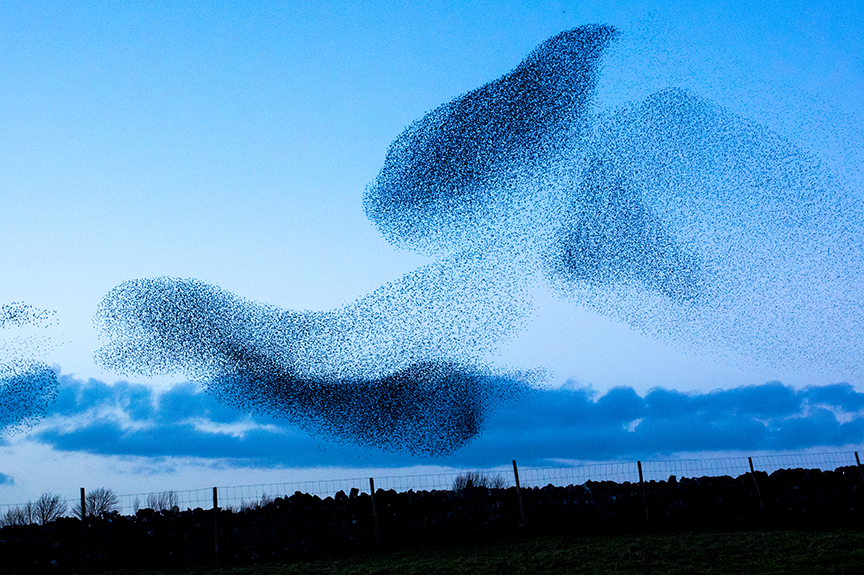Using Robot Scientists to Reimagine the World
December 15, 2016

How would science have unfolded differently across the centuries if Galileo had been an ecologist rather than an astronomer?
Some researchers believe today’s scientific disciplines would have evolved just as they have; others suspect we might have developed a markedly different view of the world.
It’s my job as a philosopher to argue for the big picture, so I’m developing a series of robot scientists—computer algorithms that can automatically select which variables are salient in the pursuit of scientific discovery.
When traditional scientists want to understand a phenomenon in nature, they choose which features to measure: color, temperature, surface pressure. But machines, oblivious to centuries of scientific thought and free of the cognitive biases of disciplinary depth, can explore a broader set of variables.
A group of student researchers and I have already built some promising prototypes of our discovery algorithms, a series we call “EUGENE” in homage to the theoretical physicist Eugene Wigner. Fortuitously, the Greek word eugenes also means well born.
It’s easy to imagine EUGENE as a bespectacled academic dealing with abstractions, much like its namesake. From the start, though, we designed the algorithms to interact with the real world through sensors and actuators.
The central challenge has been how to get machines to conduct scientific research autonomously. We developed a possible solution to this conundrum, and EUGENE is allowing us to test some radically new approaches to automated scientific discovery.
In one early project, we’re hoping EUGENE can illuminate the patterns of swarm behavior in birds and bats. The algorithm won’t be analyzing data that have been preprocessed by humans. Instead, it will “watch” videos of birds and bats turning and swooping to identify patterns and choose the most promising features for further study.
In so doing, EUGENE may help biologists better understand interactions within flocks and swarms. Ideally, these results will also guide the ideal swarm behavior for drones. I am making these algorithms open source, as I want to help introduce a new generation of students to the deep connections between philosophy and physical computing.
As part of this work, I led two workshops in the summer of 2016, one for doctoral students and another for middle schoolers. The idea for both was to help build a community of researchers with the skills and understanding to exploit the intersection between the philosophy of science and machine learning. The middle-school students left the sessions with their own mini-computers configured for developing new approaches to discovery.
In their quest to build robot scientists and put them to work, the participants—graduate students and middle schoolers alike—will learn to think beyond traditional conceptions of science and of the world.
Benjamin Jantzen, an assistant professor in philosophy at Virginia Tech, won a National Science Foundation CAREER award in 2015 to develop a new approach to automated scientific discovery; EUGENE is the primary result.
This article appeared as part of “Creative Genius” in the 2016–2017 issue of Illumination.


